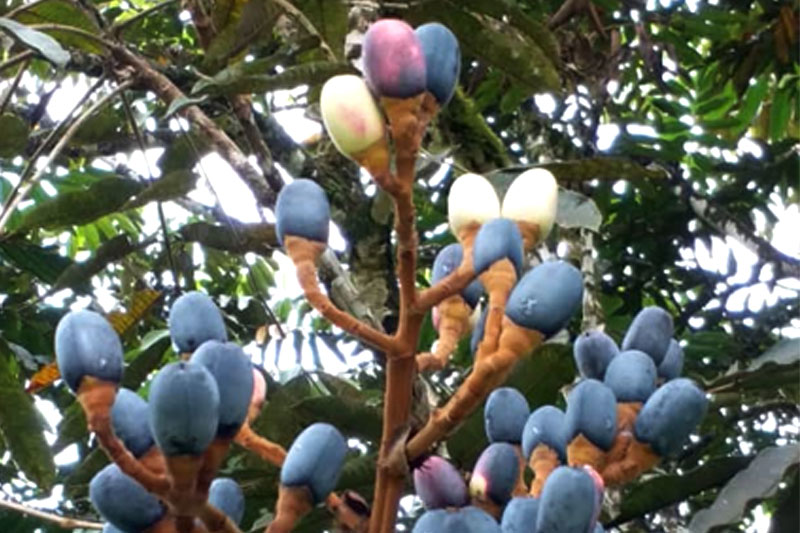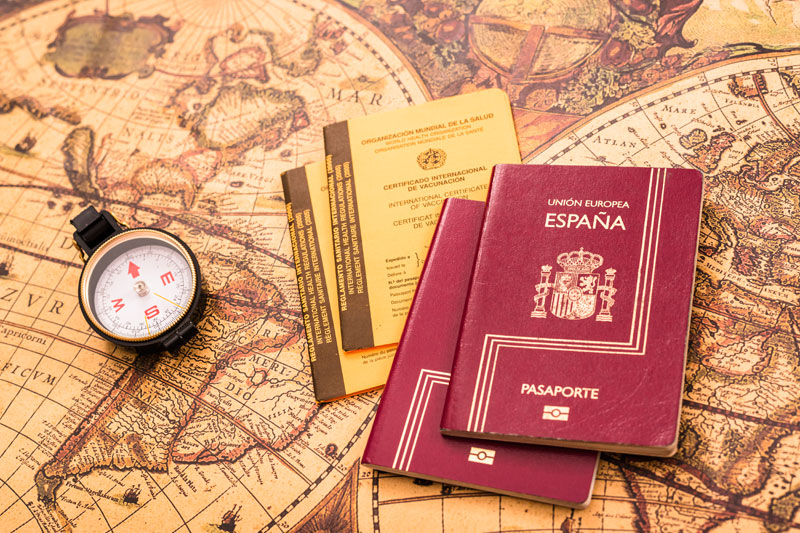Christmas feasts from Italy to the Philippines, where holiday meals celebrate culture, tradition, and sustainability with flavourful, timeless rituals.
What if a holiday feast could reveal the soul of a culture? In Argentina, Mexico, Italy, and the Philippines, Christmas meals do just that. These feasts do more than nourish —they’re the heartbeat of family traditions, celebrations, and memories.
From Argentina’s sizzling asado to Mexico’s irresistible tamales, each dish vibrantly expresses culture, passed down through generations and reimagined by modern chefs. Join us on a flavourful journey where food tells stories, bridges generations, and brings us closer to the people and places that shaped these traditions.
Italy: Feast of the Seven Fishes—Where Family Meets the Sea
In southern Italy, Christmas Eve is a sensory celebration. The kitchen fills with the heady aromas of baccalà (salted cod), calamari, and freshly baked bread. Laughter mixes with the clink of glasses as families gather around rustic tables, eagerly awaiting La Vigilia—the Feast of the Seven Fishes. This centuries-old tradition honours both Christmas and the bounty of the Mediterranean.
The Sicilian version features local seafood—squid, anchovies, sardines—fried, marinated, or folded into creamy risottos. But today, chefs are adding new twists: grilled octopus with tangy tomato salad, or fried sardines drizzled with orange dressing. These bold new flavours breathe life into an ancient tradition, creating an exciting contrast with its old-world roots.
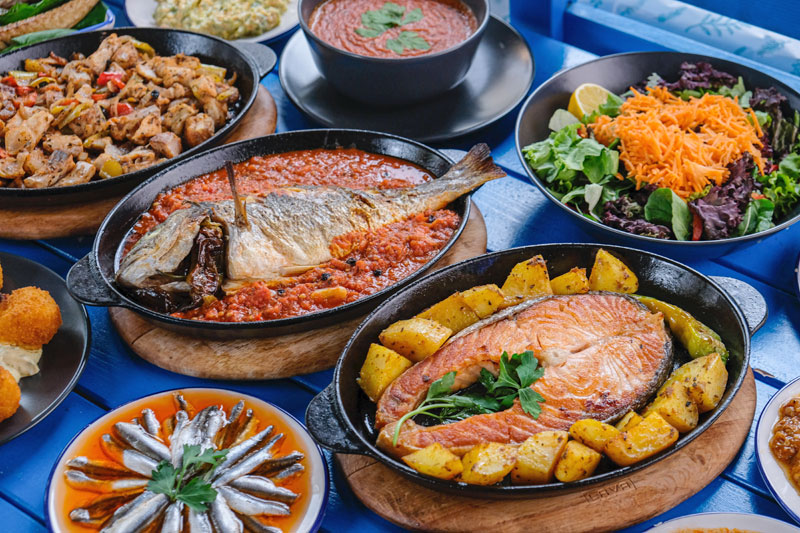
As Chef Lidia Bastianich told NPR, “Our Old World faith and food traditions are such a big part of us.” Older generations keep the recipes alive, while younger cooks experiment with flavours—debating who gets the biggest piece of calamari. These meals stay grounded in tradition but are energized by the next generation’s creative spark.
But, the evolution of the Feast of the Seven Fishes isn’t just about new flavours—it reflects a broader shift in how Italians embrace sustainability. As environmental awareness grows, many chefs source seafood responsibly, balancing culinary heritage with the ethical demands of a globalized world. This subtle reinvention ensures that the tradition not only endures but remains relevant in today’s eco-conscious society.
Travel Tip: In Sicily, enjoy the Feast of the Seven Fishes in a cosy village home or lively trattoria. Or head to Naples for a modern twist on this age-old tradition.
Mexico: Tamales—More Than Just a Meal
In Mexico, tamales are at the heart of holiday celebrations. The kitchen buzzes with activity—hands spread masa, add fillings, and carefully fold tamales, each one wrapped in flavour and history.
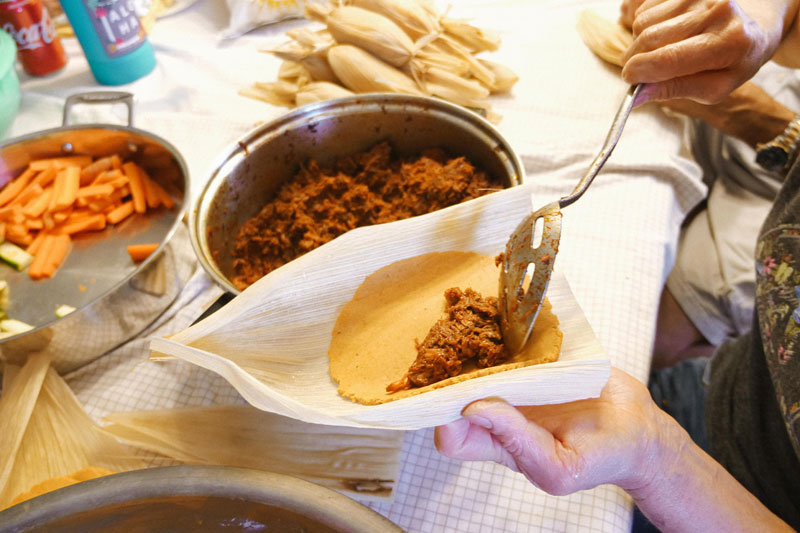
Chef Marie Irra told Good Morning America, “It takes a village to make tamales.” Growing up, her family worked together—one spread the masa, another added the filling, and others wrapped the tamales. Laughter filled the air as they worked side by side. Whether savoury pork, tender chicken, or sweet pineapple, each tamale reflects Mexico’s rich culinary heritage.
Chefs across Mexico are giving new life to tamales by experimenting with fillings and flavours. Smoky pork wrapped in chile verde, or tamales made with seasonal squash and corn for a vegan twist. These creative adaptations reflect a growing trend toward more sustainable eating, blending tradition with an awareness of the environment. As concerns about climate change shape eating habits, these tamales offer a modern, mindful interpretation of Mexico’s festive food.
Travel Tip: Visit a bustling market in Pueblo or a small village during Christmas to watch families make tamales together. Or try a restaurant where chefs are putting a fresh spin on this beloved dish.
Argentina: Asado—A Feast That Brings People Together
In Argentina, Christmas arrives in the warmth of summer—not snow. The air fills with the mouthwatering aroma of sizzling beef. Asado—the ultimate Argentine holiday feast—is as much about sharing food as it is about sharing moments. Meats slow-cooked on the grill become the centrepiece of a vibrant, community-centred gathering.
The asador (grill master) tends to cuts of beef, provoleta (grilled cheese), and chimichurri with precision. The sizzling sound of meat on the grill mixes with the smell of charred beef, heightening the festive atmosphere. Asado is more than just a meal—it’s an occasion to honour family, friendship, and connection.
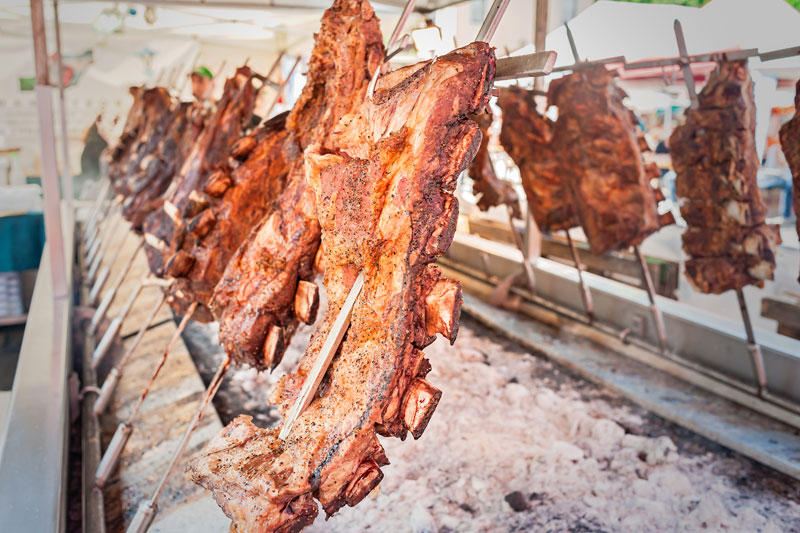
Chef Al Frugoni shared in a YouTube video, Firestorm Argentina: “Growing up, asado was something I did with my family. I remember going to my grandpa’s for asado every weekend, then to my dad’s. For me—and for any Argentine—it’s not just food. It’s how we socialise, celebrate, and welcome people…”
Though asado stays deeply rooted in tradition, Argentina embraces sustainable food practices. As environmental concerns grow, more Argentines are opting for grass-fed beef and plant-based alternatives, ensuring that asado remains true to its cultural roots while meeting modern sustainability demands.
Related: In Pursuit of Grasshoppers, Spices and Malbec
Travel Tip: Join locals for an authentic asado in Buenos Aires or the Pampas region. Many Argentine BBQ houses offer a chance to experience the ritual firsthand while savouring the best cuts of beef.
The Philippines: Lechon—Where the Feast Begins
In the Philippines, lechon (roast pig) shines as the star of the Christmas table. Cooks season whole pigs with lemongrass, garlic, and soy sauce, then roast them over an open fire. The crackling sound of the skin turning golden brown, the fragrance of lemongrass mingling with the smoky heat of the flames—lechon transforms into a sensory spectacle. This iconic dish marks the start of the holiday season, a symbol of abundance and family unity.
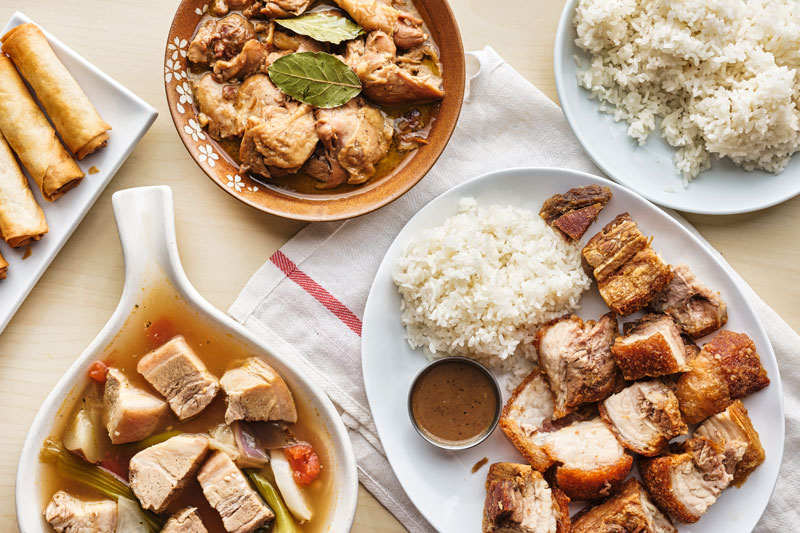
Chefs prepare lechon in different ways across the islands, from vinegar-based marinades in Cebu to lemongrass-stuffed versions in Luzon. Yet, the one constant is the joy of sharing it with family and friends. The late Filipino food critic Doreen Fernandez wrote in Tasting Filipino Christmas, “For Filipinos, food is at the centre of Christmas…”
While lechon always remains at the heart of Filipino celebrations, sustainability gradually reshapes the tradition. More people are turning to ethically sourced pigs and plant-based alternatives, striving to honour the holiday spirit while respecting the environment.
Travel Tip: Experience lechon during a local fiesta or family gathering in the Philippines, especially during Christmas. Cebu is renowned for its traditional lechon, while Manila offers modern takes on this iconic dish.
Final Bite: A World of Flavour, A World of Connection
These holiday feasts are more than just meals—they’re living traditions, rich in culture and history. From Italy’s Feast of the Seven Fishes to Mexico’s tamales, Argentina’s asado, and the Philippines’ lechon, each dish invites you to explore the world’s most flavourful rituals.
They celebrate what it means to belong—to family, culture, and community. These traditions endure, yet adapt, blending ancient recipes with modern values. As global concerns about sustainability grow, each meal offers a glimpse into a culture’s ongoing evolution.
The world is full of flavour. Discover these most cherished traditions—one meal at a time on your holidays or your local restaurants.









